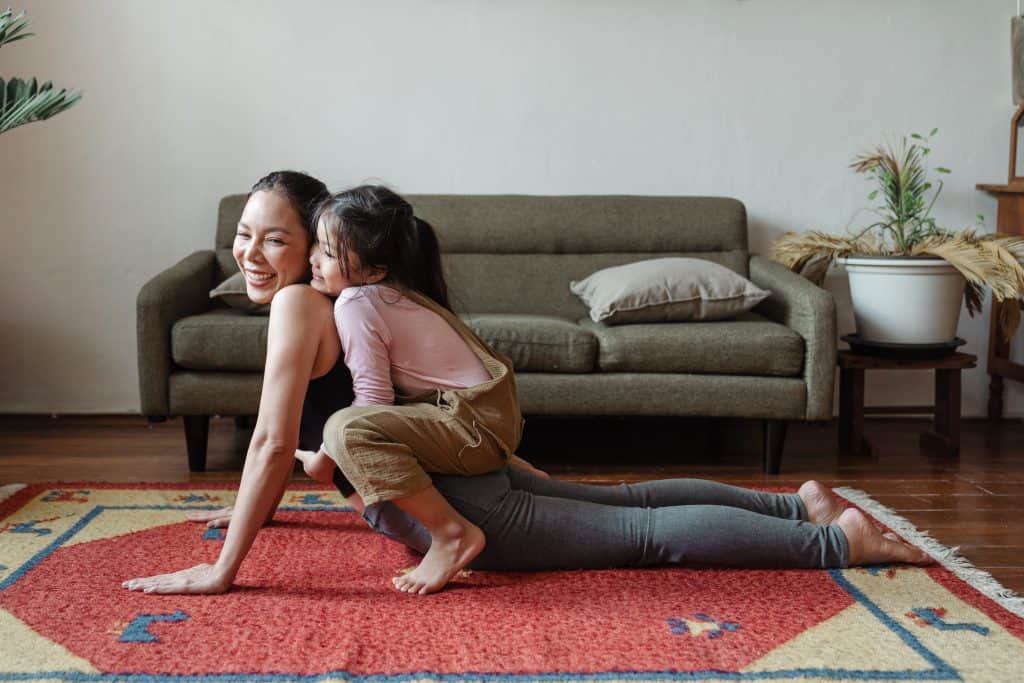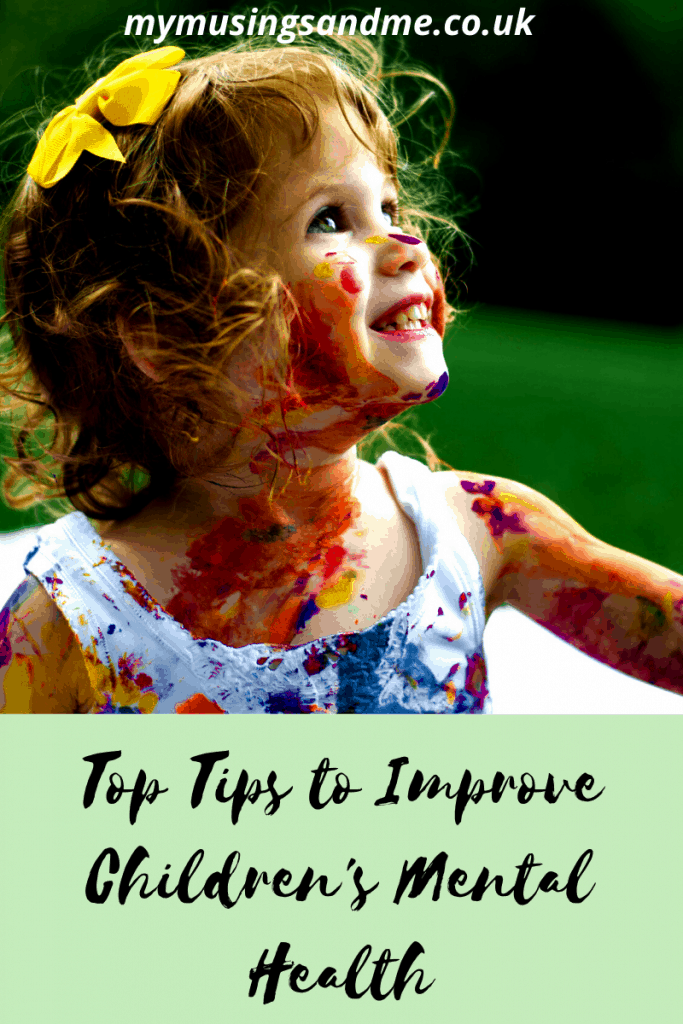
In last week’s post by the wondeful UnwantedLife we explored why it’s essential that we teach young children about mental health. And looked at some age-appropriate ways to do so. Ensuring that you speak to children in an applicable way is integral to young people understand their mental health. Not only so they can vocalize when they need help. But so they can learn that a range of emotions are normal. In this new post by UnwantedLife we suggest ways to help improve children’s mental health in other ways beside talking.
For more on why hearing children’s thoughts are important read here.
Self-Care Ideas for Children
A few simple self-care ideas you can do with your children or you can teach your children to do on their own.
Goal Setting
Teach children to set themselves little goals to achieve. If they don’t have their own ideas you can suggest tasks they can do. This will give them a sense of purpose and achievement.
For more on getting habits to stick read here.
Having a Laugh
Help your children to enjoy a good laugh by sharing jokes, having a face-pulling contest, or watching your child’s favourite show with them.
For more on why laughter is good for our mental health read here.

Cloud Spotting
Embrace your child’s imagination and do some cloud spotting. Watch the clouds go by and talk about what shape the clouds form. This will help your kid to relax and take their mind off things.
Crafting
On the subject of imagination, encourage your children to create something. Allow them to enjoy crafting or painting as a way to express themselves and to relax.
Ask for Help
Teaching your child that it’s ok to ask for help, by creating a safe space at home. Also, lead by example by showing you’re also ok with asking for help. You can do this by telling them about times when you have done so.
Family Activities

Do family activities, which can be anything like going on a walk, playing football, exercising, yoga, and breathing exercises. The key here is to do any activity together.
Telling stories
Rather than just reading stories with your children, which you can also do, make stories up together or by taking turns. You could ask your child to create a storybook and then read that story before bedtime. This will keep them busy, it’s creative, and you get to share a story together.
Encourage Positive Attributes in Children
Emotional volcano
This idea comes courtesy of ‘Happy Kid Handbook: How to Raise Joyful Children in a Stressful World’ via HuffPost. Draw a volcano and tell your children how everyone can experience different emotions throughout the day. But when we don’t express those emotions they remain within the volcano building up. The more emotions that we allow to build up in the volcano by not expressing them, the more it’ll bubble away until it erupts. And you start crying, screaming, and kicking. But if you express or talk about your emotions before that happens then you can avoid the eruption.
Praise
Provide genuine, realistic praise to build your child’s self-esteem. Having healthy self-esteem helps your child handle situations that’ll make them feel bad. Also, don’t praise stuff that’s out of their control or say things like “you’re the smartest kid in school”. Instead praise their efforts. That’ll motivate them to keep moving forward.
Give Opportunities for Independence
Children get a sense of confidence when they can do things for themselves. Thus, create opportunities where they can get these little instances of confidence through independence.
Healthy Self-Talk
Children can be easily frustrated. Especially when they think they can’t do something if they fail at it. Whilst it might be tempting to say that they’ll be good at it in the end, instead ask them how they could get better at it.
Further Support

Talk to children about how it’s ok to be different and how we’re all worthy of love and support. You can do this by talking about LGBTQ+ children, children from different cultures and ethnic groups, refugee and asylum children, children with disabilities, and child carers (a child that cares for a family member). Talking about how they’re the same but different, and how that’s ok. You can also talk about the benefits of living in a diverse community and how this diversity adds to the community.
You can then take this to a more personal level and talk about how everyone has things they’re good at and might not be good at. You could even get them to try and list these to see if it’ll help identify areas they might need support with.
For more information on children’s mental health and resources check out the Anna Freud Centre and Young Minds
What are your top tips for improving children’s mental health? What are your thoughts? Let us know below!


Thanks for a great post. There are many great ideas here. Helping our kids have a healthy mental health is so important. The rising numbers of kids in mental health crisis is scary.